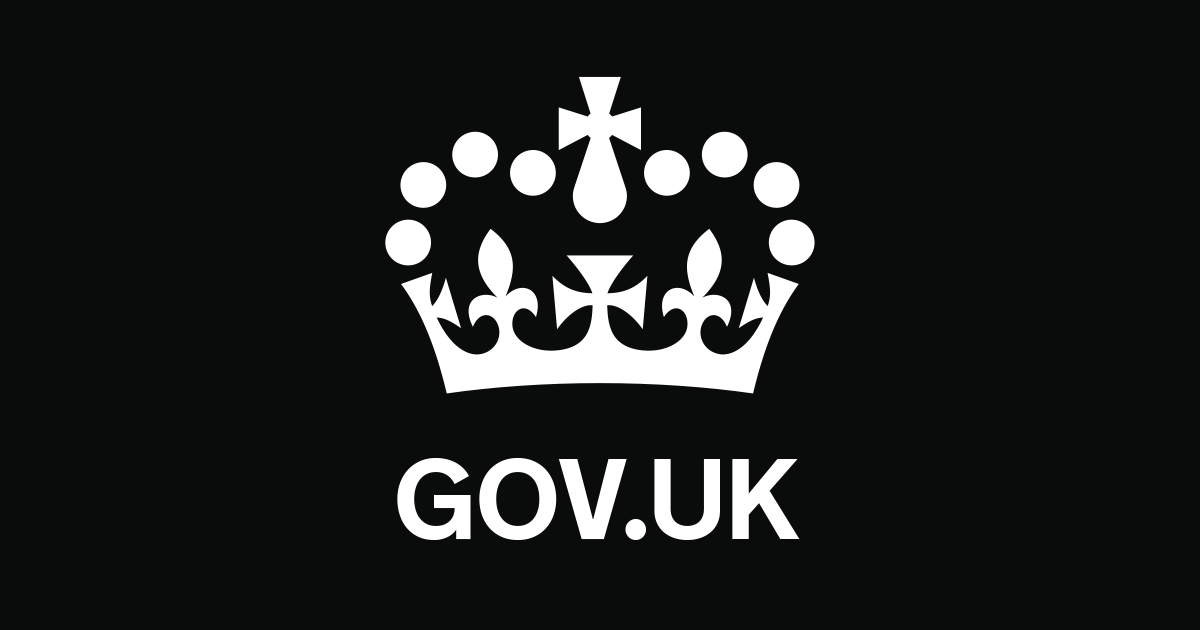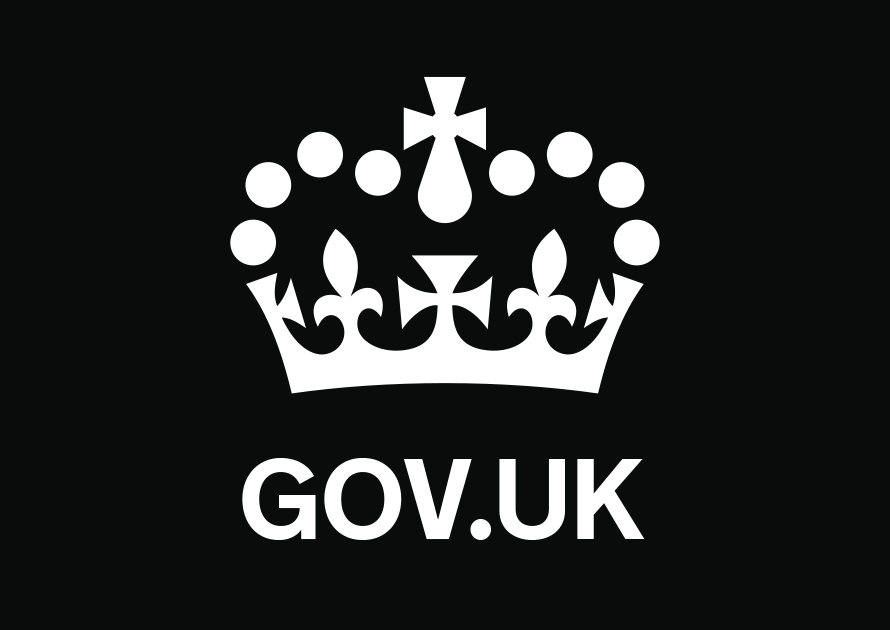The online service you’ll use to claim back Statutory Sick Pay (SSP) is now available.
The Coronavirus Statutory Sick Pay Rebate Scheme will repay employers the Statutory Sick Pay paid to current or former employees.
You can only claim for employees who were off work on or after 21 December 2021.
The Statutory Sick Pay Rebate Scheme closes for coronavirus related absences after 17 March 2022.
Employers have up to and including 24 March 2022 to:
- submit any final claims
- amend claims they’ve already submitted
Who can use the scheme
This scheme is for employers. You can claim back up to 2 weeks of Statutory Sick Pay if:
The maximum number of employees you can claim for is the number you had across your PAYE schemes on 30 November 2021.
Employees do not have to give you a doctor’s fit note for you to make a claim.
If your employee is self-isolating and cannot work because of COVID-19, you can ask them to give you an isolation note from NHS 111.
The scheme covers all types of employment contracts, including:
- full-time employees
- part-time employees
- employees on agency contracts
- employees on flexible or zero-hour contracts
- fixed term contracts (until the date their contract ends)
Employees who have transferred under the Transfer of Undertakings (Protection of Employment) Regulations 2006 (TUPE)
You can make a claim for Statutory Sick Pay paid (due to COVID-19) to employees transferred to you under TUPE if you had:
- a PAYE scheme that was created and started on or before 30 November 2021
- fewer than 250 employees (including TUPE transferred employees) across all PAYE payroll schemes on 30 November 2021
If you did not have a PAYE scheme that was created on or before 30 November 2021, but the previous employer did, you can make a claim if they had fewer than 250 employees across all their PAYE schemes on that date.
As the new employer, you can only make claims for Statutory Sick Pay that you have paid, a claim cannot include the amount paid by the previous employer.
If you’re claiming for wage costs through the Coronavirus Job Retention Scheme
You can claim back from both the Coronavirus Job Retention Scheme and the Coronavirus Statutory Sick Pay Rebate Scheme for the same employee, but not for the same period of time.
State aid limits
Since 1 January 2021 EU state aid rules no longer apply in the UK, except for:
- aid in-scope of the Northern Ireland Protocol
- structural funds
The UK is now bound by other international obligations on subsidy control. This includes the EU–UK Trade and Cooperation Agreement
Some subsidies are outside the scope of the Trade Cooperation Agreement. This includes subsidies that are from any public authority that are:
- under 325,000 Special Drawing Rights — an International Money Fund unit of currency
- made to a single business over a three year period
Subsidies that are below this limit are treated as payments that are too small to be covered by regulations. These are called ‘de minimis’ payments.
To work out the value of a subsidy you must combine:
- subsidies received through the Statutory Sick Pay Rebate scheme
- all de minimis state aid received from any public authority in the preceding 3 years
This will then count towards the 325,000 Special Drawing Rights subsidy threshold.
To check that the rebate is within the threshold use the Special Drawing Rights calculator.
Connected companies and charities
Connected companies and charities can also use the scheme if their total combined number of PAYE employees was fewer than 250 on 30 November 2021.
Using an agent to do PAYE online
If you use an agent who is authorised to do PAYE online for you, they will be able to claim on your behalf. You should speak to your agent about whether they are providing this service.
If you would like to use an agent, but do not have one authorised to do PAYE online for you, you can do that by accessing your HMRC online services and selecting ‘manage account’.
You must be enrolled in PAYE online for employers to do this and will need to ask your agent for their agent ID. Your agent can get this from their HMRC online service for agents by selecting ‘authorise client.’
You can also use this service to remove authorisation from your agent if you do not want it to continue after they have submitted your claims.
If an agent makes a claim on your behalf, you will need to tell them which bank account you would like the grant to be paid into. You must only provide bank details where a BACS payment can be accepted.
What you can claim
The repayment will cover up to 2 weeks Statutory Sick Pay starting from the first qualifying day of sickness, if an employee is unable to work because they:
- have COVID-19 symptoms
- are self-isolating because someone they live with has symptoms
- are self-isolating because they’ve been notified by the NHS or public health bodies that they’ve come into contact with someone with COVID-19
- have been notified by the NHS to self-isolate before surgery for up to 14 days
You can make more than one claim per employee, but you cannot claim for more than 2 weeks in total.
You can claim from the first qualifying day your employee is off work if the period of sickness started on or after 21 December 2021 if your employee:
- has COVID-19
- has COVID-19 symptoms
- was self-isolating because someone they live with has symptoms
If your employee’s absence started before 21 December 2021 you can only claim on or after 21 December 2021.
Most people are asked to self-isolate for 3 days before surgery. In this case, the day of surgery will be the 4th day of their period of incapacity for work. You cannot claim repayment of Statutory Sick Pay for the day of surgery or any other days when the absence is not due to COVID-19.
A ‘qualifying day’ is a day an employee usually works on. The weekly rate is £96.35. If you’re an employer who pays more than the weekly rate of Statutory Sick Pay, you can only claim up to the weekly rate paid.
If an employee has returned to the UK
From 8 June 2020, some people entering or returning to the UK will be required to quarantine for 14 days. If an employee is unable to work during this period, they will not qualify for Statutory Sick Pay unless they also meet one of the above criteria.
Records you must keep
You must keep records of Statutory Sick Pay that you’ve paid and want to claim back from HMRC.
You must keep the following records for 3 years after the date you receive the payment for your claim:
- the dates the employee was off sick
- which of those dates were qualifying days
- the reason they said they were off work — if they had symptoms, someone they lived with had symptoms or they were shielding
- the employee’s National Insurance number
You can choose how you keep records of your employees’ sickness absence. HMRC may need to see these records if there’s a dispute over payment of Statutory Sick Pay.
You’ll need to print or save your state aid declaration (from your claim summary) and keep this until 31 December 2024.
How to claim
You must have paid your employees’ sick pay before you claim it back.
If you use an agent who is authorised to do PAYE online for you, they will be able to claim on your behalf.
Employers who are unable to claim online should have received a letter on an alternative way to claim. Contact HMRC if you have not received a letter and are unable to make any eligible claims online.
Other help you can get
Get help online
Use HMRC’s digital assistant to find more information about the COVID-19 support schemes.
Contacting HMRC
We are receiving very high numbers of calls. Contacting HMRC unnecessarily puts our essential public services at risk during these challenging times.
You can contact HMRC about the Coronavirus Statutory Sick Pay Rebate Scheme if you cannot get the help you need online.



